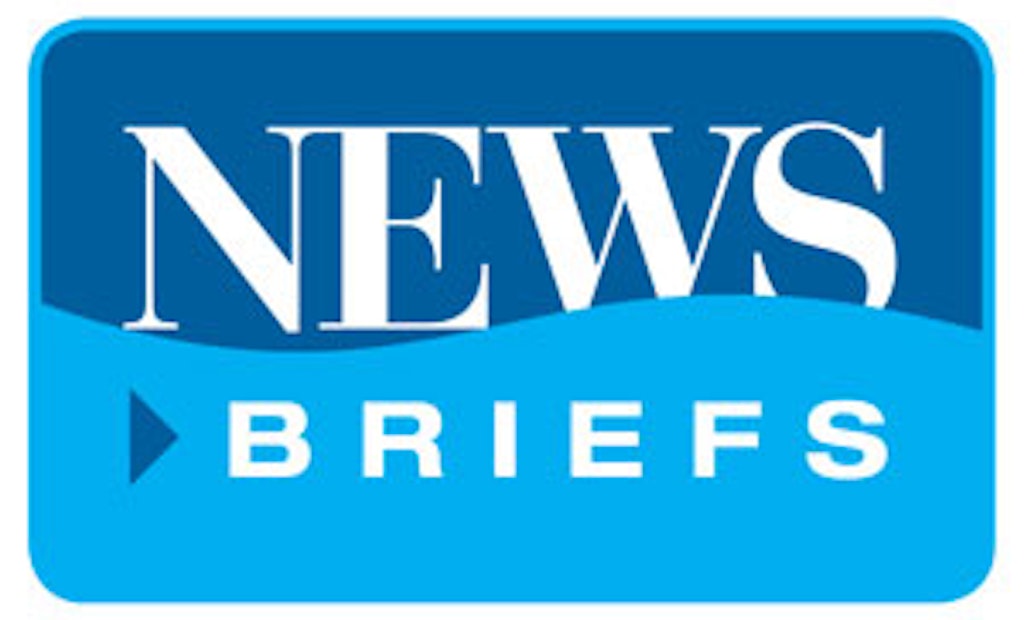Due to an unusual drought upstream in the Midwest, New Orleans faces a growing threat of saltwater intrusion affecting its tap water. A reduced volume of the Mississippi River, exacerbated by record temperatures and back-to-back low-water years, has weakened its downstream flow, allowing Gulf of Mexico saltwater to move upriver.
This displacement not only jeopardizes the city's drinking water but can also corrode pipes, including those made of lead. While most local water systems currently don't filter out salt, engineering solutions are being explored. Elevated salt levels can render tap water unfit for consumption or cooking, and if salinity rises further, even bathing and washing might become challenging. The situation has led to public concern, prompting residents to stock up on bottled water.
Researchers Design Sponge to Capture Microplastic Pollution
The Atlantic recently reported on a potential solution to the issue of microplastic pollution: sponges. Researchers in China have designed a synthetic, biodegradable sponge tailored to capture microplastics and even smaller nanoplastics from various liquids. Trials have demonstrated their capability to extract up to 90% of these tiny plastic particles from diverse solutions, ranging from tap water and seawater to soup.
Composed primarily of starch and gelatin, these lightweight, marshmallow-like sponges possess a unique internal structure. By adjusting the production temperature, its porosity can be modified, influencing the size of particles it can capture. Envisioning a broader application, the study's authors suggest these sponges could be integrated into wastewater treatment plants or food-production facilities to eliminate microplastics.
USDA Grants Available for Water/Wastewater Systems Affected by Disasters
U.S. Department of Agriculture Rural Development Kentucky State Director Dr. Tom Carew recently announced the availability of grants to help rural and Tribal communities recover and increase resiliency of water, wastewater, stormwater and solid waste infrastructure damaged by presidentially declared disasters in 2022.
"The assistance I'm announcing today will help make sure rural communities across this state who were impacted by natural disasters last year have the resources they need to recover and increase the resiliency of their water, wastewater, stormwater, and solid waste infrastructure," said Carew. "This funding is critical because we know that rural America is home to millions of people who make up America's spirit and character."
Read more about the grants here.






